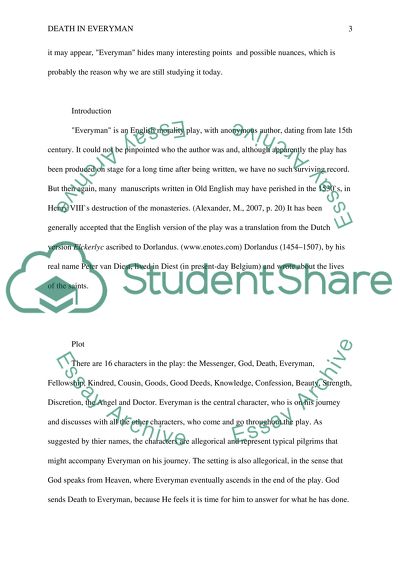Cite this document
(“Death in Everyman Research Paper Example | Topics and Well Written Essays - 1750 words”, n.d.)
Retrieved de https://studentshare.org/literature/1430320-everyman
Retrieved de https://studentshare.org/literature/1430320-everyman
(Death in Everyman Research Paper Example | Topics and Well Written Essays - 1750 Words)
https://studentshare.org/literature/1430320-everyman.
https://studentshare.org/literature/1430320-everyman.
“Death in Everyman Research Paper Example | Topics and Well Written Essays - 1750 Words”, n.d. https://studentshare.org/literature/1430320-everyman.


